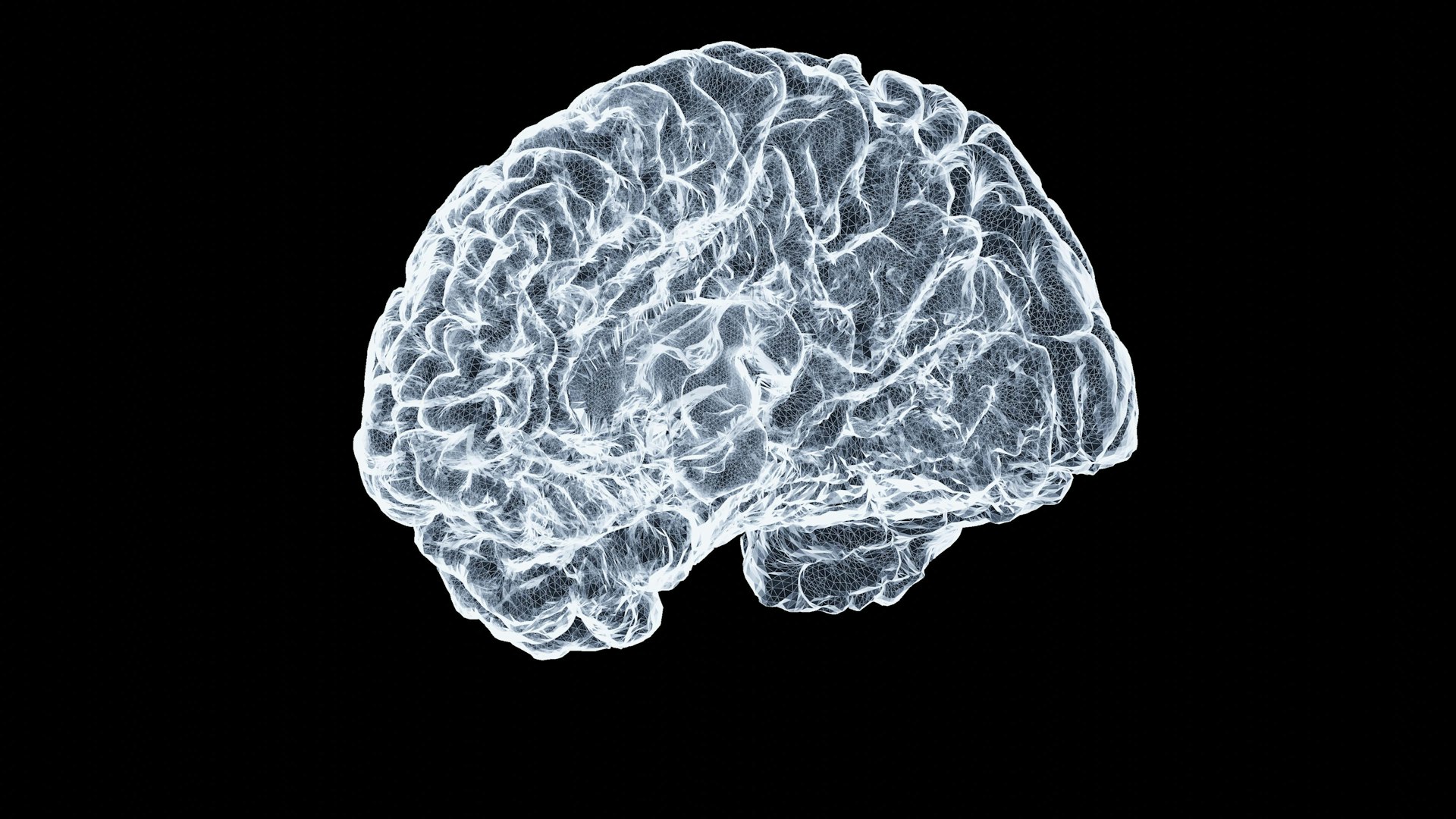Transform Your Life: Intentional Living Through Daily Gratitude Practices

Photo by Ashley Inguanta on Unsplash
Introduction: The Power of Living Intentionally With Gratitude
Intentional living means making conscious choices that align with your deepest values, aspirations, and desired quality of life. One of the most powerful tools for cultivating this mindset is the consistent practice of gratitude. Research shows that daily gratitude can dramatically improve mental, emotional, and even physical health, helping people become more resilient, happier, and more connected to others [1] . This article provides practical, actionable steps for integrating gratitude practices into your daily routine, explores the science behind its benefits, and offers guidance for overcoming common challenges.
Understanding Gratitude: More Than Just Saying ‘Thank You’
Gratitude is a conscious appreciation for the positive elements in life, big or small. It involves recognizing the good in your life, acknowledging the support and kindness of others, and appreciating your own strengths and accomplishments. Studies indicate that people who regularly express gratitude report lower levels of stress, higher self-esteem, and greater life satisfaction [2] . Practicing gratitude forms new neural pathways in the brain, boosting neurotransmitters like dopamine and serotonin, which are associated with happiness and well-being [2] .
The Science-Backed Benefits of Gratitude Practices
Multiple studies have found that people who intentionally practice gratitude experience a wide range of benefits:
- Mental Health Improvements: Regular gratitude practices can reduce symptoms of depression and anxiety, foster optimism, and even help counteract suicidal thoughts [2] .
- Physical Health Benefits: Grateful individuals often report stronger immune systems, lower blood pressure, better sleep, and increased energy [1] [5] .
- Relationship Enhancement: Expressing gratitude can lead to more positive interactions, deeper connections, and greater willingness to support and forgive others [2] .
- Resilience and Stress Reduction: Gratitude helps individuals recover more quickly from setbacks and trauma, fostering a mindset that interprets challenges as opportunities for growth [5] .
- Greater Focus and Productivity: Those who routinely practice gratitude report increased focus and motivation, which can enhance performance in all areas of life [3] .
While the benefits are well-documented, it’s important to approach gratitude as a skill that can be developed and strengthened over time, especially during difficult periods [1] .
Five Actionable Gratitude Practices for Intentional Living
There are many ways to cultivate gratitude, and intentional living requires you to choose methods that resonate with your personality and lifestyle. Here are five evidence-based practices with guidance for implementation:
1. Keep a Gratitude Journal
Set aside a few minutes each day or week to write down three to five specific things you are grateful for. Focus on people, experiences, and personal growth rather than material possessions for greater impact. For example, you might write about a kind word from a colleague, a beautiful sunrise, or an accomplishment you’re proud of. This practice can increase positive emotions and help you notice overlooked blessings [3] .

Photo by Liana S on Unsplash
Step-by-step guidance:
- Choose a dedicated notebook or digital app.
- Decide on a consistent time-many people prefer mornings or evenings.
- Write three to five specific things you are grateful for.
- Reflect briefly on why each item matters to you.
Alternative approach: If daily journaling feels overwhelming, try a weekly reflection or share your gratitude verbally with a friend or family member.
2. Write and Deliver a Gratitude Letter
Select someone in your life you’ve never properly thanked and write a detailed letter expressing your appreciation. Delivering the letter in person or by mail can create a profound emotional impact for both you and the recipient. This practice has been shown to increase happiness for weeks after completion [3] .
Step-by-step guidance:
- Think of someone who has positively influenced your life.
- Write a heartfelt letter detailing the specific ways they have helped or inspired you.
- Deliver the letter in person, by phone, or through the mail.
Alternative approach: If direct contact isn’t possible, reflect on the person’s impact privately or express your gratitude through an email or social media message.
3. Practice Mindful Gratitude Moments
Take a few intentional pauses throughout the day to notice and savor positive experiences. This could be as simple as enjoying a quiet cup of coffee or appreciating a moment of laughter with a loved one. Mindful gratitude enhances present-moment awareness and helps break the cycle of negative thinking [4] .
Step-by-step guidance:
- Set a reminder to pause and reflect on something positive at least twice a day.
- Use your senses to fully experience the moment-notice sights, sounds, and feelings.
- Express silent thanks or write down the experience if you wish.
Alternative approach: Use mindfulness meditation apps or guided meditations focused on gratitude if you need additional structure.
4. Express Appreciation Regularly
Make it a habit to thank people in your personal and professional life. This simple act improves social bonds, increases positivity, and makes gratitude contagious within your community [2] .
Step-by-step guidance:
- Identify someone to thank each day-a coworker, family member, or even a stranger.
- Express appreciation verbally, through a note, or with a small gesture.
- Notice how the act impacts your mood and relationships.
Alternative approach: Set a weekly reminder to send a message of thanks to someone in your network.
5. Reframe Challenges With Gratitude
Intentionally look for lessons or hidden blessings in difficult situations. This practice can help you build resilience and reduce stress, especially during periods of adversity [5] .
Step-by-step guidance:
- When faced with a challenge, pause and ask yourself what you can learn from the experience.
- Identify at least one positive aspect, however small, and acknowledge it.
- Write about your insights in your gratitude journal or share them with a trusted person.
Alternative approach: Use affirmations or guided reflections to help shift your perspective during tough times.
Common Challenges and How to Overcome Them
Even with the best intentions, it’s normal to encounter obstacles while building a gratitude habit. Common challenges include forgetfulness, skepticism, or feeling inauthentic during difficult moments. To address these:
- Start Small: If you’re struggling, begin with one gratitude practice once a week and gradually increase frequency.
- Use Reminders: Set phone notifications or keep your journal in a visible place to encourage consistency.
- Be Honest: It’s okay if some days are harder than others. Authenticity matters more than quantity.
- Seek Support: Share your journey with friends, family, or support groups for encouragement and accountability.
- Explore Alternatives: If writing feels unnatural, try recording voice notes, creating art, or using photography to capture moments of gratitude.
Remember, gratitude is a skill that improves with practice. Give yourself permission to adapt and experiment with different approaches as you discover what works best for you.
How to Access Resources and Support for Gratitude Practices
Support for intentional living and gratitude is available through various channels. While there are many books, workshops, and online communities dedicated to these practices, it’s important to seek out reputable sources.
To get started:
- Search for evidence-based resources on gratitude from recognized health organizations, such as the American Psychological Association or Harvard Health Publishing . Use search terms like “gratitude practice research” or “benefits of gratitude.”
- Consider joining local or online groups focused on personal development or mindfulness. Many community centers and libraries offer free or low-cost workshops on intentional living and gratitude.
- Consult with a licensed mental health professional if you wish to integrate gratitude practices into therapy. They may offer structured interventions and personalized guidance.
- Explore books such as “Simple Abundance: A Daybook of Comfort and Joy” by Sarah Ban Breathnach, which offers daily prompts for gratitude journaling [4] .
- If you are facing significant emotional challenges, reach out to your primary care provider or a licensed counselor for support and resources tailored to your needs.
Note: For the most current research, search for “gratitude intervention studies” in academic databases or visit the official websites of reputable health organizations. When in doubt about a resource’s credibility, look for materials published by universities, hospitals, or government agencies.
Key Takeaways and Next Steps
Intentional living through gratitude is both a philosophy and a set of practical habits that can transform your outlook and well-being. By consistently engaging in gratitude practices-whether journaling, expressing appreciation, or reframing challenges-you can foster greater happiness, resilience, and connection with others. Start small, remain patient with yourself, and explore different techniques until you find what resonates. If you need additional guidance or support, seek out resources from trusted health organizations, community groups, or licensed professionals.
References
- [1] Onsite Workshops (2023). The Surprising Health Benefits of Gratitude.
- [2] University of Utah Health (2021). Practicing Gratitude for Better Health and Well-Being.
- [3] New York State Occupational Therapy Association (2022). The Benefits of Gratitude.
- [4] Simple Intentional. Change Your Life With 5 Ways to Practice Gratitude.
- [5] Healthy Spirituality (2015). Why is Gratitude So Powerful?
MORE FROM yourscholarshiptoday.com













